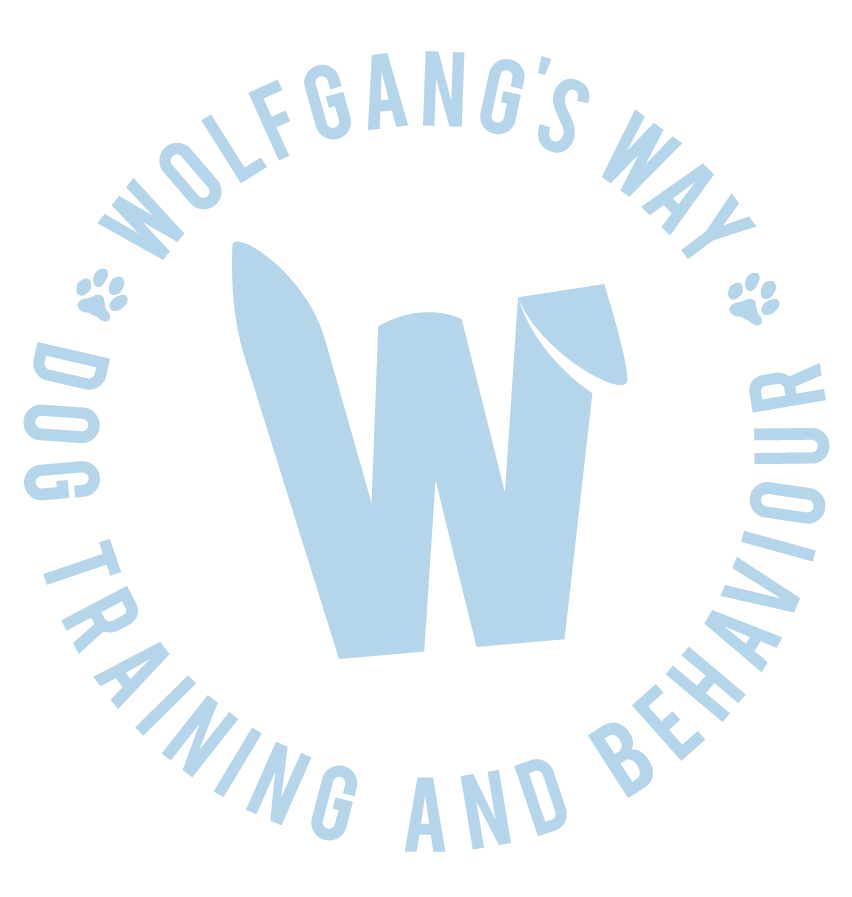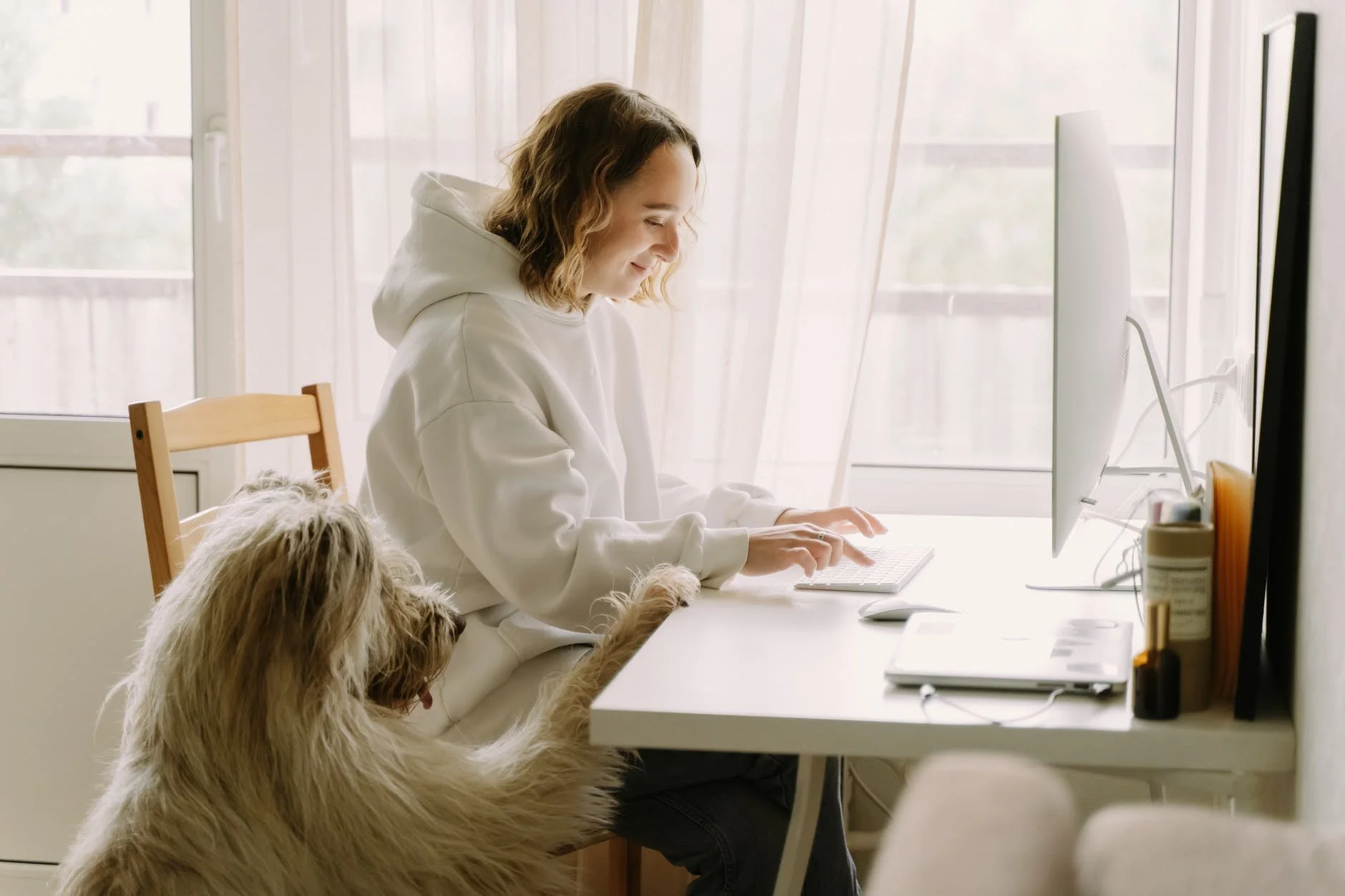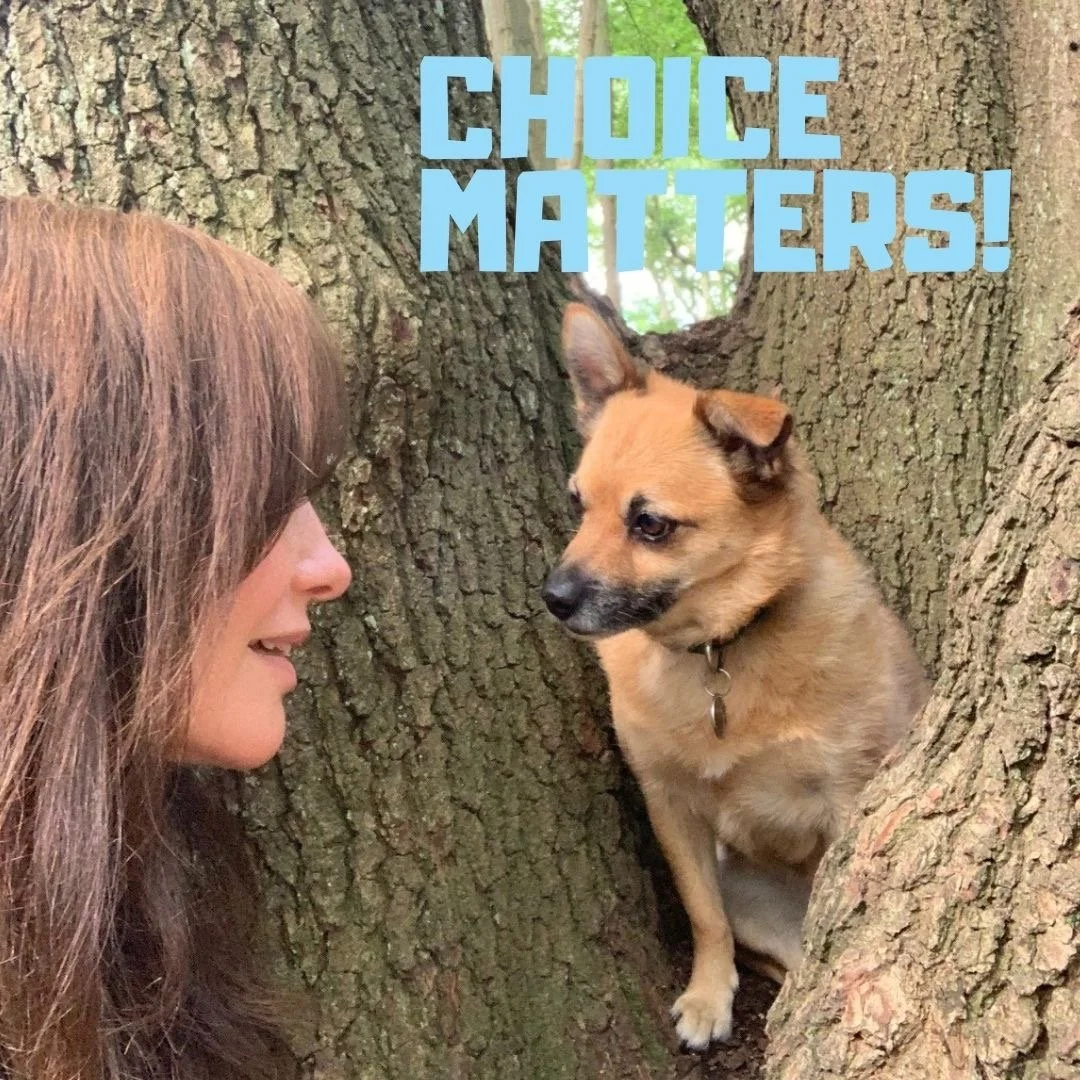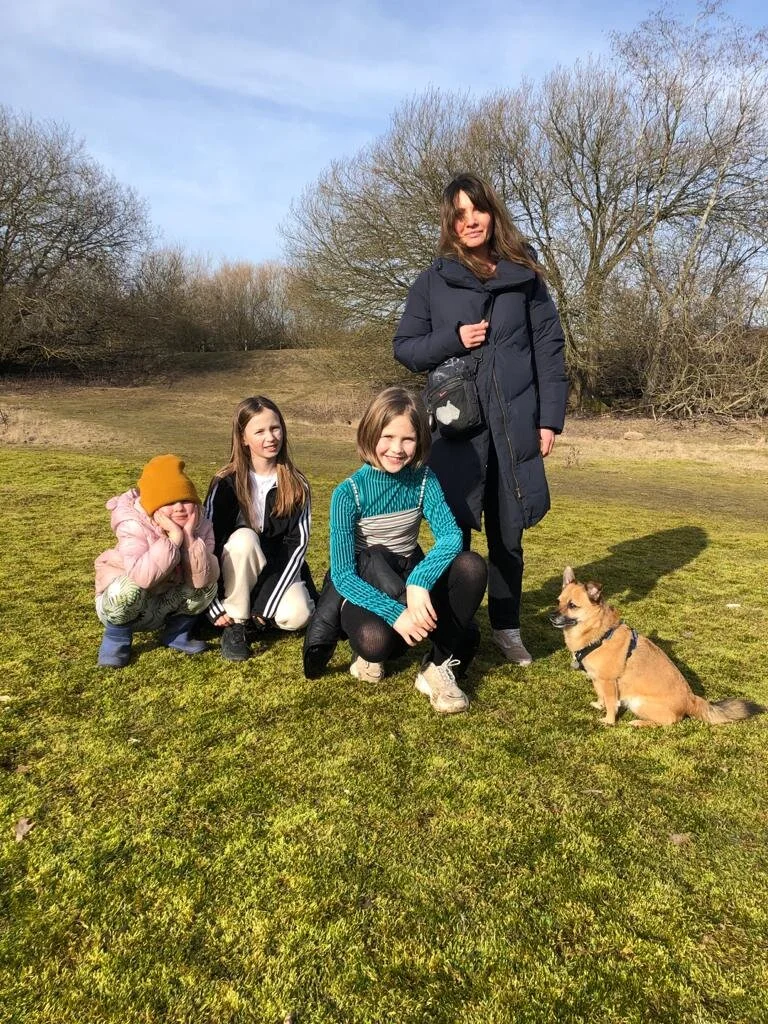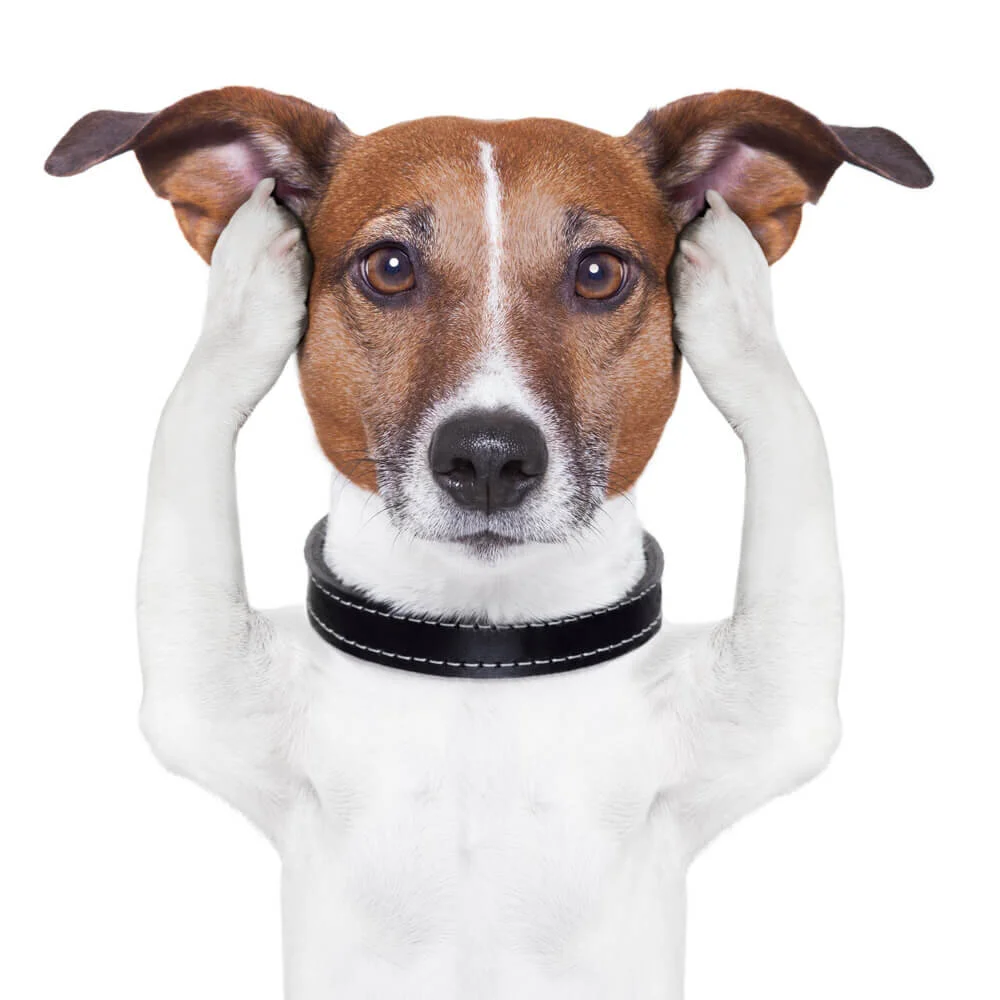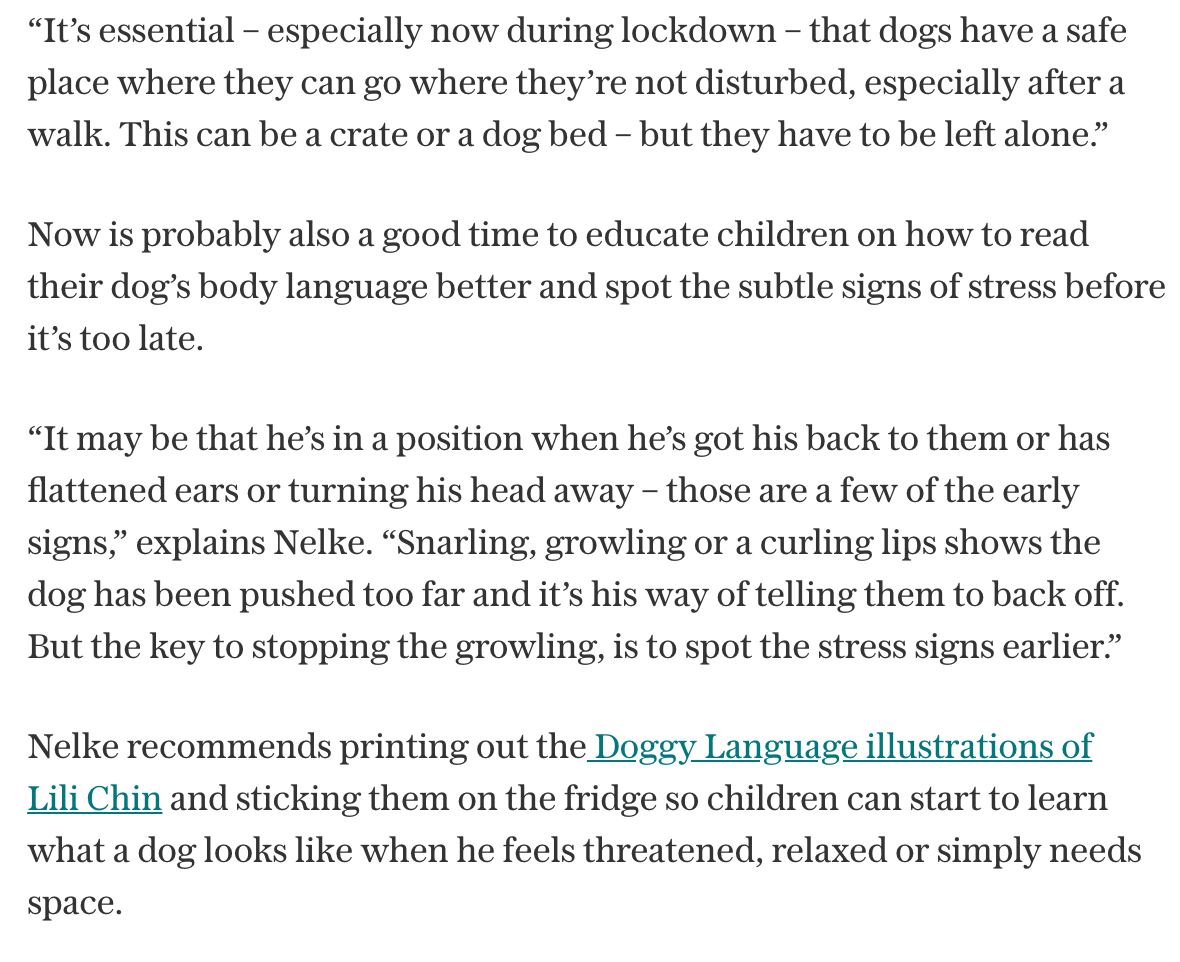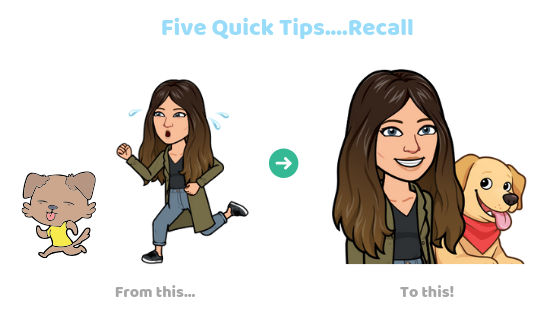As most of you will be aware, dog theft is on the increase, certainly in the UK, and most certainly since the start of the Covid pandemic.
Dogs are being taken from people’s homes, gardens and even in parks when out on a walk. The increased demand for puppies and dogs since Covid lockdown has turned our furry friends into a booming business opportunity, sadly and terrifyingly. Just watch the Vice documentary ‘The Gangs That Steal Your Puppies’, it’s eye-opening, to say the least.
My puppy and dog training programmes have always included teaching ways to keep your dog close by when walking off-lead, for a multitude of reasons, so here are some tips on what you can do to keep your dog safe when out on a walk:
Practice check-ins (engagement); mark (with a marker word such as an enthusiastic ‘yesss’ or a clicker) when your dog turns to look for you, then throw a little (you’ll be throwing plenty) treat. This teaches them to stay close by, after all food might fall out of their human and they can make this happen all by themselves. What’s not to love. I give Wolfgang a little something 90% of the time she turns up walking next to me (when she’s off lead), the other 10% I forget, I’m only human after all….I think it’s brilliant that she knows she can have a little snack when she feels peckish, and it doesn’t make her less responsive to her cues and she doesn’t even ask all the time. It works really rather well for the both of us.
Bullet-proof your recall; practice every day and make it fun and rewarding for your furry sidekick (food, play, game of chase, whatever works best for your dog). This means, you can quickly call him/ her back to you if they amble out of sight or are eyeing up a stranger for food or scratchies. And on that note….
Do NOT allow any strangers to give your dog treats, EVER. All the good stuff should come from you. If they learn strangers mean food, most dogs will be off to try that human-treat-dispensing-machine.
Teach an arsenal of behaviours that make your dog come back to you, such as a hand target, a leg weave, ‘middle’ (where your pooch swerves in and ends up sitting between your legs) and so forth. This means you have plenty of ways to quickly get your dog to come back to you and you don’t run the risk of over-doing it with your recall cue.
And while you are working through the above outlined training methods or if you have a rampant adolescent or adventurous adult, please manage their access to their environment with a long training line attached to a well-fitting harness.
And there’s even more you can do now! I’m so excited to learn that one of my former clients, Dave and his wonderful Labrador Bo, has launched a business to help dog owners get reunited with their pet if stolen or lost.
LAB+BONE is a subscription-based dog identity service that proves a dog’s identity via their DNA. Thieves can, and are, disabling microchips, leaving the dog unidentifiable. Which is where LAB+BONE comes in: if a dog is found, one of the cryogenically stored DNA samples is then profiled by their laboratory partner, and test packs are sent out to any potential matches of the found dog. If a positive DNA match is made, the owner can prove ownership using forensic evidence to legally reclaim their dog.
If you want to find out more about LAB+BONE, have a perusal on their website.
So, stay safe and happy training xx
